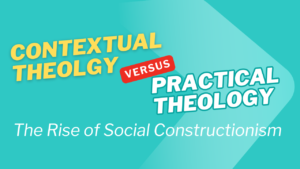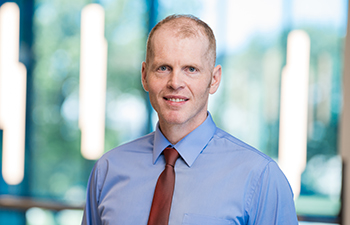My second video in this series, where I explore the rise of contextual theology and its relationship to practical theology.
For centuries, Christian theology was assumed to be fixed and universal—a set of doctrines applied to all cultures without change. But in the 20th century, a major shift occurred: Theology began to be seen as shaped by culture, history, and human experience. This led to the rise of contextual theology, a movement that redefined how theology is done.
🔹 What You’ll Learn in This Video:
✅ How missionaries first noticed that Christianity was interpreted through cultural lenses
✅ How movements like Liberation Theology & Black Theology reshaped theology as a response to oppression and social struggle
✅ How Shoki Coe introduced the term “contextual theology” and why it changed theological thinking
✅ Why theology is no longer just about interpreting ancient texts but about engaging with real-life experiences
✅ The big question this raises today: Is truth universal? Or is all theology shaped by history and culture?





